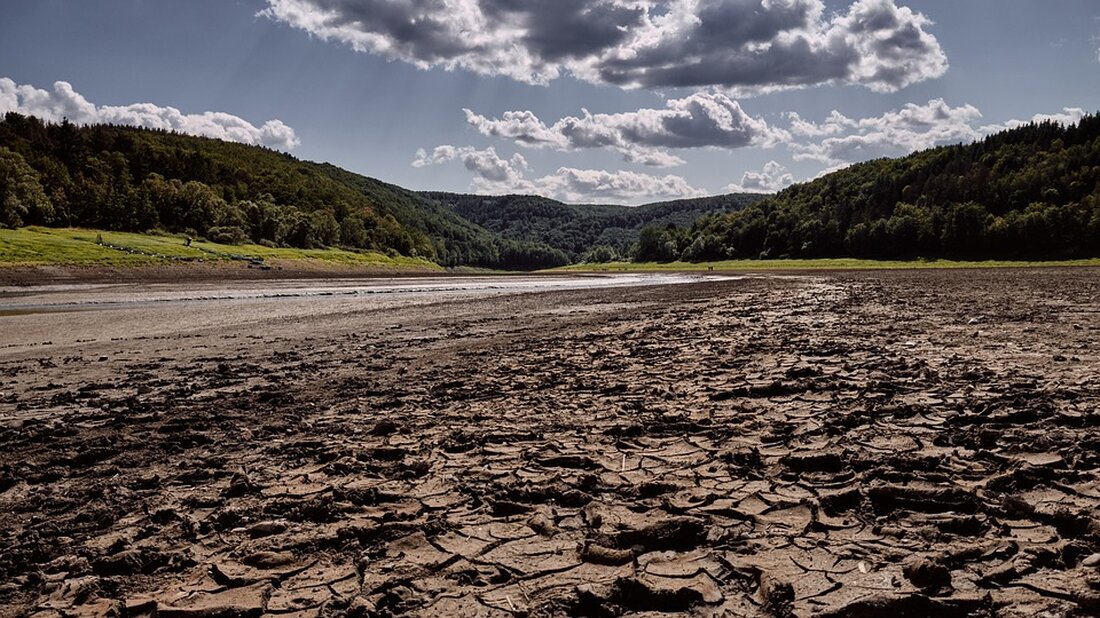Edersee in distress: Falling water levels are putting a strain on tourism and the economy!
The Edersee is facing challenges: falling water levels threaten tourism, while solutions are required.

Edersee in distress: Falling water levels are putting a strain on tourism and the economy!
The Edersee in northern Hesse is facing critical challenges as the water level is currently only around 13 percent and is heading towards a new low water record. The Waldeck-Frankenberg district council has therefore called for a new management concept for the Edersee. Support for this initiative comes from scientists at the University of Kassel, whose models are intended to help calculate and regulate water levels more precisely. The Edersee is the third largest reservoir in Germany, which is crucial for flood protection and the water supply of the Oberweser thanks to the Edertalsperre, which was put into operation in 1914.
The Edersee region has become increasingly important for tourism in recent years. A total of 1.83 million overnight stays were recorded in 2024, which indicates increasing tourist attractiveness. Guest arrivals also rose from 280,000 to almost 302,000. Nevertheless, the low water level, which has been recorded in recent years, particularly in dry summers, has led to a decline in sales of up to 50 percent in the catering industry.
Sustainable water management required
The neighboring communities around the Edersee have emphasized the need for sustainable water management. In a press release, mayors from Bad Wildungen, Edertal, Vöhl and Waldeck expressed concern about the falling water levels, which not only affect the economy but also the quality of life of the population. The background is the expiry of the trigger line, a regulation for economical water release in times of low precipitation. The Waterways and Shipping Authority (WSA) has not extended the five-year trial period after 2024, further aggravating the situation.
The residents of the Oberweser show no interest in extending the trigger line, and the WSA argues that without a test operation, not enough data could be obtained for an evaluation. The authority is currently retreating to the old regulation, which allows unlimited water release during the water supply period.
The demands of the region
The mayors are calling for scientifically based control of the Edersee level and appealing to the responsible authorities to ensure a stable water level, which is necessary as a basis for tourism. In this context, regional actors are developing new strategies for tourism attractiveness, even with difficult water levels. This includes innovative experience concepts such as “Edersee Atlantis” and flexible usage concepts on the shore.
The region expects more openness, dialogue and participation from the state, federal and specialist authorities in order to overcome the current challenges together. While the Eder-Diemel regional association is calling for more water in the Edersee by the end of September, the Kassel district is not commenting on the demands of the district council or the scientists. The Oberweser/Edersee and Diemelsee interest group considers economic value creation to be an insufficient criterion for the problem.
With these developments, the Edersee symbolizes the challenges caused by climatic changes and the fluctuating water supply in the region. The coming weeks could be crucial in balancing both tourism success and the needs of local residents.
Further information on this topic can be found on the website of Hesse show and HNA.

 Suche
Suche
 Mein Konto
Mein Konto